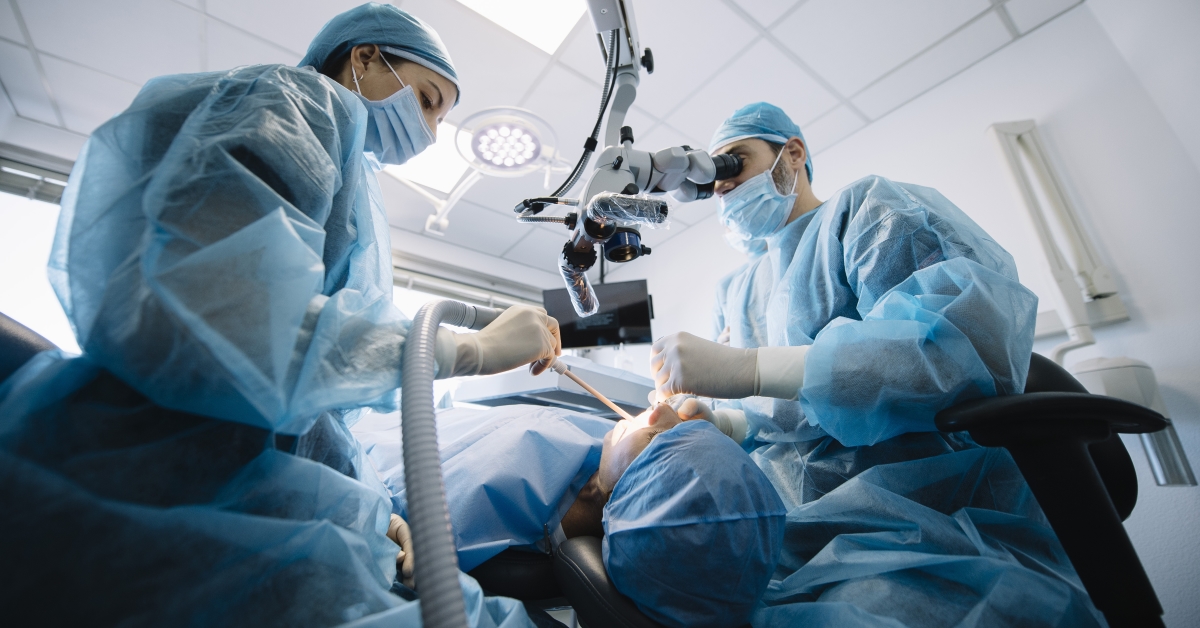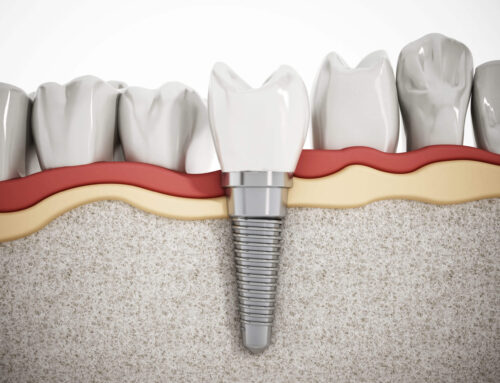Like doctors, dental practitioners are also divided into specialties to help protect patients and improve the overall quality of care. Oral maxillofacial surgeons, for instance, are dental physicians that perform various surgeries and procedures related to the soft and hard tissues of the oral cavity and face. Many of these surgical procedures help to treat diseases, defects, and injuries of the oral and facial areas.
However, what’s most unique about oral and maxillofacial surgeons is that they have dual licensures as medical physicians and oral surgeons. With this, they have received advanced training in the safe administration of various forms of anesthesia. They are, in fact, the only licensed dental practitioners who can administer anesthesia.
Training for Oral Maxillofacial Surgeons
All oral surgeons have to gain experience as general dentists before being accepted in a program. Selected students spend 4 to 6 years in a hospital working on several areas such as general surgery and anesthesia. Some also get to experience internal medicine, ER, plastic surgery, as well as neurosurgery.
Besides these fields, they also have to spend a significant amount of time polishing up these areas:
- Anesthesia administration
- Removal and extraction of wisdom teeth.
- Corrective jaw surgery
- Surgery for cleft lip and palate.
- Complex jaw fractures.
- Facial trauma surgery
A Rare Bread of Highly-Skilled Oral Physicians
What makes this field especially challenging is that less than 250 residents make it each year to train as oral surgeons. Then, out of the 250, less than 100 qualify for degree programs. Plus, those who are selected have to complete medical school AND the aforementioned requirements.
After graduation, they can practice but they still have to acquire board certification and recognition as professional oral maxillofacial surgeons. To become Board Certified or a ‘Diplomate’ of the American Board of Oral and Maxillofacial Surgery, they must fulfill certain requirements which include a written and oral exam.
In addition, peers also review their surgical skills. And once they have cleared that, then they receive recognition and can practice as OMSs.
Administering Anesthesia
Since they receive rigorous training to determine, diagnose and assess the source of dental and facial health problems in patients, fellow practitioners often call on OMSs to administer local anesthesia. This includes all forms of sedation and general anesthesia as well. These surgeons also receive training in airway management, maintaining intravenous lines, and intubation. This specialty training allows them to take care of emergencies while administering anesthesia.
These days, however, many oral surgeons are looking for safer alternatives when it comes to administering and prescribing pain management medication. The reason for this is due to the opioid addiction that continues to rise in the U.S. As such, they are looking to more effective non-opioid pain solutions, like the drug Exparel®.
Discover More with OMSH
If you live in the Greater Houston area and are searching for an experienced group of oral maxillofacial surgeons, connect with OMSH. Learn more about dental implant surgery options for missing or failing teeth, as well as how we ensure safe tooth extractions. Â Call us at 832-509-4505 or request an appointment online.






